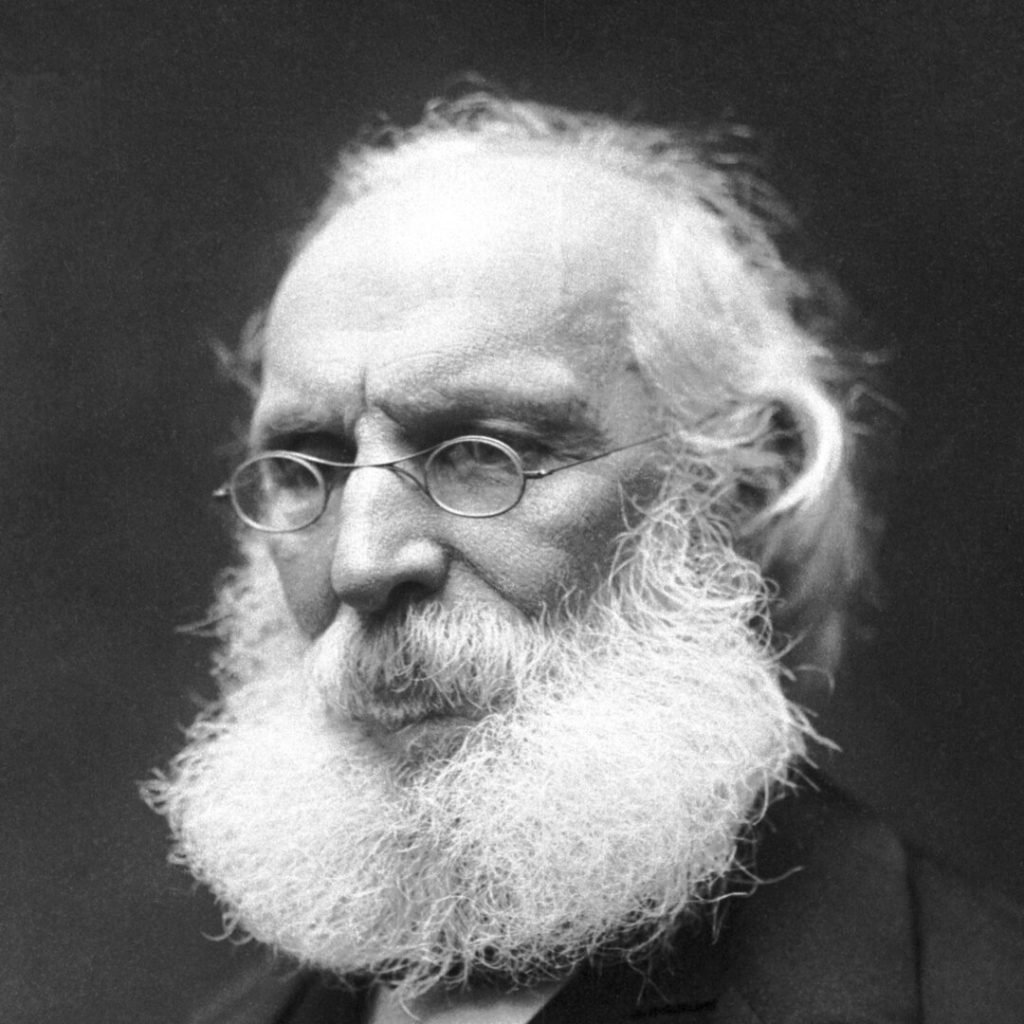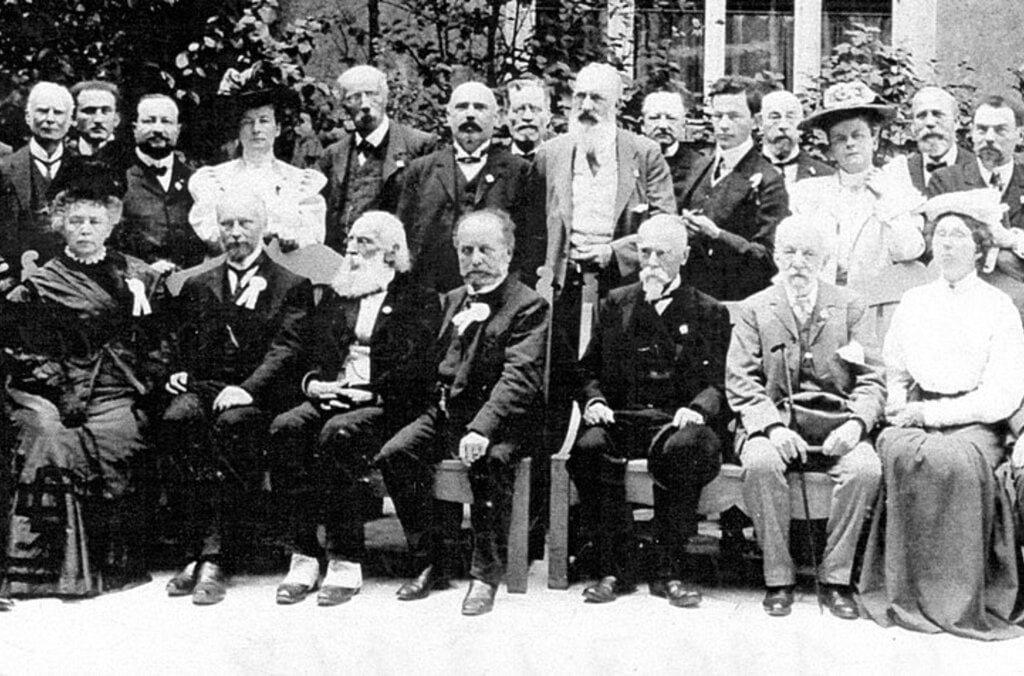Frédéric Passy
Speed read
Frédéric Passy was awarded the Nobel Peace Prize for his lifelong work for international peace conferences, diplomacy and arbitration. He shared the prize with Henry Dunant.

Full name: Frédéric Passy
Born: 20 May 1822 in Paris, France
Died: 12 June 1912 in Paris, France
Date awarded: 10 December 1901
The doyen of peace activism
In 1901, Frédéric Passy was the doyen of the international peace movement. Both as an economist and a politician, he believed in free trade between independent states as a means of generating peace. Passy founded France’s first national peace society. An independent republican serving in the national assembly, he opposed the policy of colonialism, which did not harmonise with the ideals of free trade. He also maintained it was immoral to conquer territories from “inferior” nations. Passy helped to establish the Inter-Parliamentary Union, which promoted cooperation between parliamentarians from different countries. The Norwegian Nobel Committee placed special emphasis on Passy’s advocacy of cooperation across national borders when awarding him the peace prize in 1901.
| Inter-Parliamentary Union Founded in 1889 to bring together representatives from various national assemblies for annual debates. Headquartered in Geneva. Works for the peaceful resolution of conflict between nations. Addresses topics such as disarmament, environmental protection, gender equality and current world conflicts. |
Free trade to promote peace
Frédéric Passy placed great faith in free trade between independent states, as he believed this could promote peace. With an increased trade flow, politicians and business leaders alike would be interested in maintaining peace. It would be foolish for a country to destroy its economy by going to war against a trade partner. In a system of free trade, independent states would use less money on military forces and arms build-up, which would in turn bring prosperity to all citizens and peace between nations.
Inter-parliamentarian
Frédéric Passy, a republican, was elected to the national assembly as an independent left-wing representative. He drafted several proposals recommending that France employ arbitration as a means of resolving conflicts between states. He also believed that parliamentarians from different countries should meet as often as possible, as personal contact and friendship were a key element in efforts to promote peace. This is why he devoted such effort to organising inter-parliamentary cooperation in Europe during the final decades of the 19th century.
"I have laboured unceasingly in the cause of peace for thirty years. The future shall belong to peace, to work and to arbitration."
Frédéric Passy, 1896. Quoted from Mortimer Lipsky, Quest for Peace, London/New York 1966: 44.
An optimistic view of the future
In 1896, an ardent Passy concluded a lecture in Lyon, France, with these words: “Thanks to the hard labour of many people, the earth shall no longer be a wasteland for our successors … They will see that the hope of justice between nations, like that between individuals, was not just a dream. When they bless the new age in which they are so fortunate as to live, they may perhaps think with gratitude of the closing years of the nineteenth century, a century that was born with blood and tears but which attempts to conclude by venerating peace and labour.”

Passy in 1905: “Tear down the fortresses!”
Four years after Passy received the peace prize the conflict surrounding the union between Norway and Sweden was raging, and the two countries were on the verge of war. Norway was seeking any means to dissolve the union. But Sweden was posing demands, including its insistence that Norway pull down its new border fortresses. Passy threw himself into the debate: “Norway must tear down its fortresses, but will gain independence in return – surely that is ample compensation! Norway and Sweden should seek to realise Alfred Nobel’s great ideals for peace.” He stated that a peaceful resolution of the conflict between Norway and Sweden would afford him a hundred times greater joy than his own designation as Nobel Peace Prize laureate.
Learn more
Frédéric Passy was born in Paris and lived there his entire life of ninety years. Through his prodigious labours over a period of half a century in the peace movement, Passy became known as the «apostle of peace» ...
Disclaimer: Every effort has been made by the publisher to credit organisations and individuals with regard to the supply of photographs. Please notify the publishers regarding corrections.
Nobel Prizes and laureates
Six prizes were awarded for achievements that have conferred the greatest benefit to humankind. The 12 laureates' work and discoveries range from proteins' structures and machine learning to fighting for a world free of nuclear weapons.
See them all presented here.
